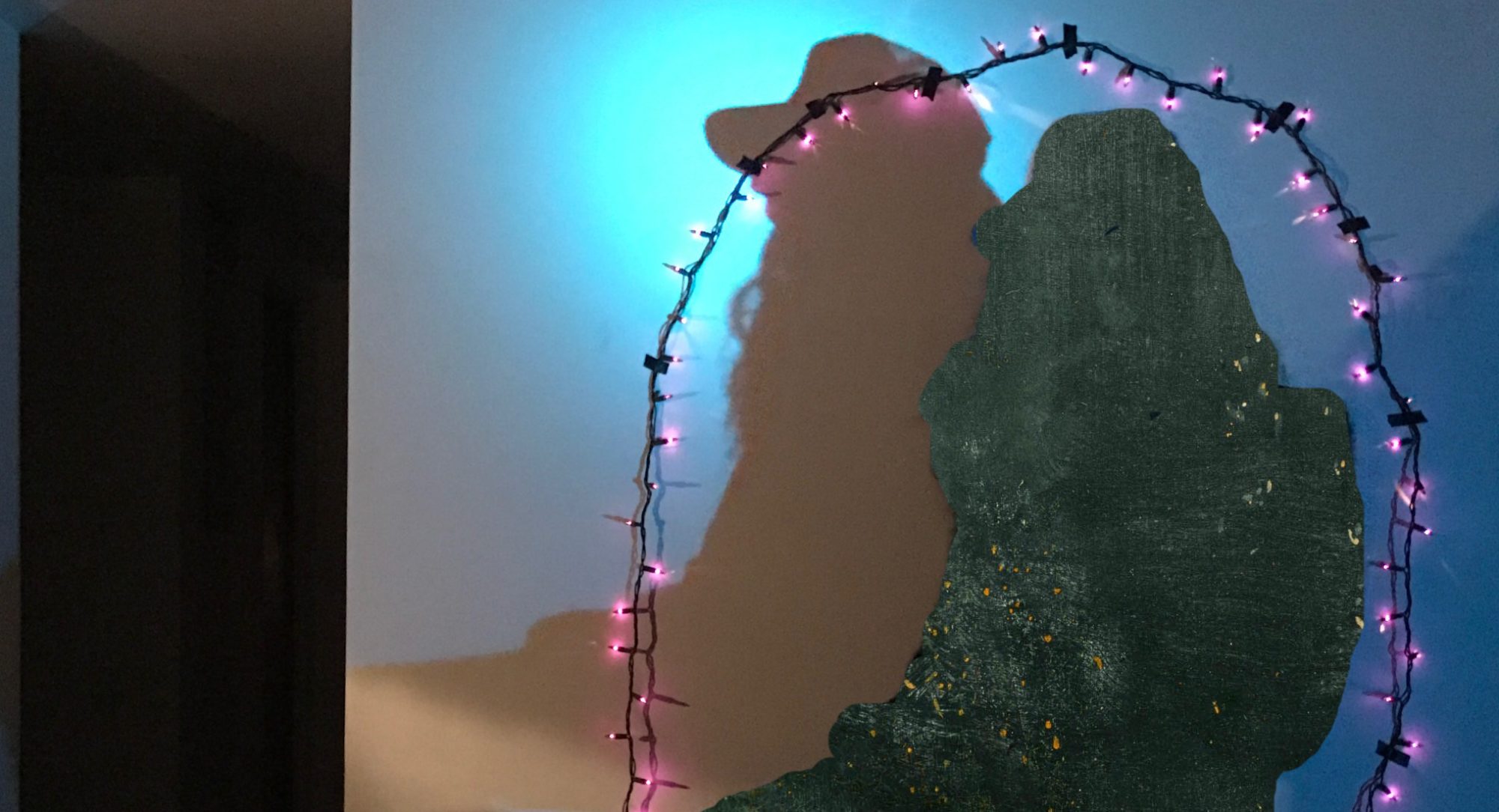I was looking for a way to improve my writing and specifically screenwriting. I had taken classes, read books, and read screenplays. I felt like I was getting better but not that hard shove in the right direction.
I recently read Ben Franklin’s autobiography. At one point he admits that he wasn’t a very good writer. He then explains how be improved himself. There was a newspaper called the Spectator and Ben Franklin admired the writing. So he would take an article that he liked and analyzed it:
“About this time I met with an odd volume of the ” Spectator.” It was the third. I had never before seen any of them. I bought it, read it over, and was much delighted with it. I thought the writing excellent, and wished, if possible, to imitate it. With this view I took some of the papers, and making short hints of the sentiment in each sentence, laid them by a few days, and then, without looking at the book, tried to complete the papers again, by expressing each hinted sentiment at length, and as fully as it had been expressed before, in any suitable words that should come to hand. Then I compared my ” Spectator” with the original, discovered some of my faults, and corrected them.”
The more I thought about it, the more I really liked Ben Franklin’s plan.
I also remember reading a book some time ago about learning. Forcing yourself to do recall accelerated and improved learning. That is why flash cards work well. I had similar experience when I was going to school. If I just read the book or reviewed my notes then I didn’t do well on exams. If I made flash cards and did practice tests, I did well. Even at the end of my schooling, I was taking massive brutal tests and I wouldn’t even read the book. There wasn’t enough time. I just went straight to practice tests and flash cards and I did well.
I had a hard time applying the same principle to creative writing. There aren’t practice tests and flash cards you can sink into. Even with computer programming, I felt the feedback, bugs and failed programs, was super responsive and helped you grow.
With creative writing, you write and write, then submit or share with friends. Other than some grammar issues, there is no objective feedback. Improvement is vague and hard to comprehend. Your friends, who may not be writers or even readers, usually say nice things. The places that publish work give curt responses accepting or rejecting your work. Reading your own work is foggy at best. I’m usually lost inside my writing unable to see it objectively.
I also worked with a writing coach which I thought was beneficial and I would continue to do that. The only downside is that it was expensive.
So using the ideas of Ben Franklin I set out to create a custom screenwriting course. I would be studying my favorite movie scenes, taking notes and then writing the scene from my notes. I then compare my version with the professional.
I will be detailing my process more in subsequent posts.
You can read the Ben Franklin’s autobiography and the section I’m referencing here: http://www.ushistory.org/franklin/autobiography/page06.htm
I thought this article did a good job of summarizing Ben Franklin’s process. https://medium.com/personal-growth/the-benjamin-franklin-method-how-to-actually-learn-to-write-1ac4ebc7c3a7
